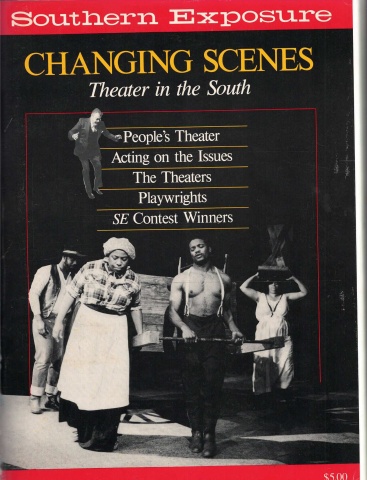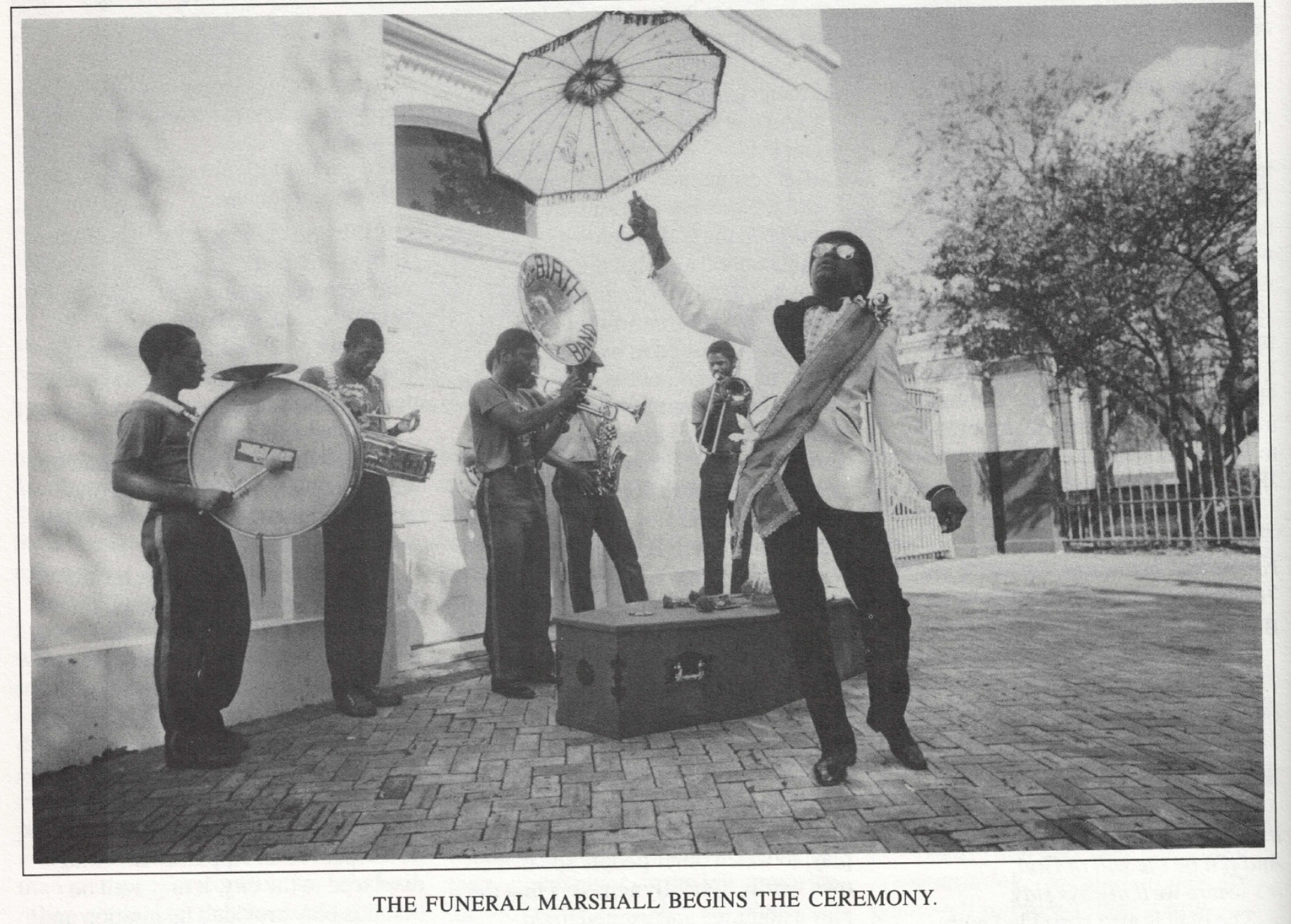
This article originally appeared in Southern Exposure Vol. 14 No. 3/4, "Changing Scenes: Theater in the South." Find more from that issue here.
Last November veteran civil rights activists conducted a traditional New Orleans jazz funeral for Free Southern Theater (FST), an innovative, mainly black company born in 1963.
FST had been the brainchild of three civil rights movement activists, John O'Neal, Doris Derby, and Gilbert Moses. The theater's founders envisioned it as a different method of fostering social change which they hoped would augment the civil rights movement. Conceived as a cultural and political tool, the theater's aim was to involve artists and audiences in a mutual struggle against racism in the South.
For its last few years, John O'Neal had carried on FST mainly alone. By 1980, he realized that FST had died. Over the next few years he looked for funding to organize a conference to mark the end of that company. Loyola University of New Orleans sponsored the conference, "The Role of Art in the Process of Social Change," held in November. O'Neal planned the funeral to coincide with it.
He explained why FST had failed: "Many of the social and political conditions have changed in American society since 1963. These changes did not invalidate the programs and purposes of the Free Southern Theater, but they served to complicate and make it more difficult to implement such programs and to realize those purposes. This is due primarily to the fact that the broad-based social movement that gave rise to the Free Southern Theater now lies fallow."
He chose a jazz funeral because he believes in the importance of rituals. "We have to do rituals for the children and for the grandchildren and for the great-grandchildren. Those are the ones the rituals are designed centrally to impress.
''After the FST funeral it occurred to me that I was glad my children had come. I don't think my son will ever forget that image of me crying. I think that's probably the only time he has ever seen me cry. It surprised me that I did it."
Tags
Jackson Hill
Jackson Hill is a New Orleans photographer and longtime contributor to Southern Exposure. (1986)

